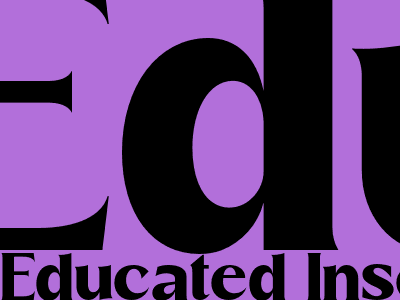Educated Insolence: A Common Pitfall in Societal Discourse
Understanding the Phenomenon of Educated Insolence
Educated insolence refers to a particular type of behavior exhibited by individuals who possess formal education or credentials but display a lack of respect and civility towards others, particularly those with different viewpoints or opinions.
While education is typically associated with increased knowledge and understanding, it can sometimes lead to a false sense of superiority and entitlement in certain individuals.
This phenomenon is often observed in academic settings, where students or scholars may belittle or dismiss the opinions of those they perceive as less educated or knowledgeable.
Consequences of Educated Insolence
Educated insolence can have several negative consequences for individuals and society as a whole:
- Creates a hostile and unproductive environment: Insolent behavior can discourage open dialogue and constructive debate, leading to a lack of tolerance and empathy.
- Hinders personal growth: By shutting down opposing viewpoints, educated insolence prevents individuals from expanding their knowledge and perspectives.
- Undermines credibility and reputation: Insolent behavior can erode an individual's credibility and damage their reputation, making it difficult to build trust and maintain relationships.
Addressing Educated Insolence
Addressing educated insolence requires a multifaceted approach involving both individual and societal efforts:
Individual Responsibility:
- Practice humility and self-awareness: Recognize that education does not confer superiority and that others may have valuable insights to offer.
- Cultivate empathy and respect: Understand and appreciate the perspectives of those with differing viewpoints, even if you do not agree with them.
- Engage in constructive dialogue: Approach conversations with an open mind, seek to understand, and present your own views respectfully.
Societal Responsibility:
- Promote open and inclusive dialogue: Create spaces where diverse viewpoints can be heard and discussed without fear of belittlement.
- Educate about the dangers of educated insolence: Teach the importance of civility, empathy, and respect in both educational and social settings.
- Hold individuals accountable: Call out and condemn instances of educated insolence to create a culture of accountability and discourage such behavior.
Conclusion
Educated insolence is a detrimental phenomenon that undermines productive discourse and personal growth. By recognizing the consequences and proactively addressing this issue, we can foster a more respectful and inclusive society that encourages open dialogue and intellectual growth.

Comments